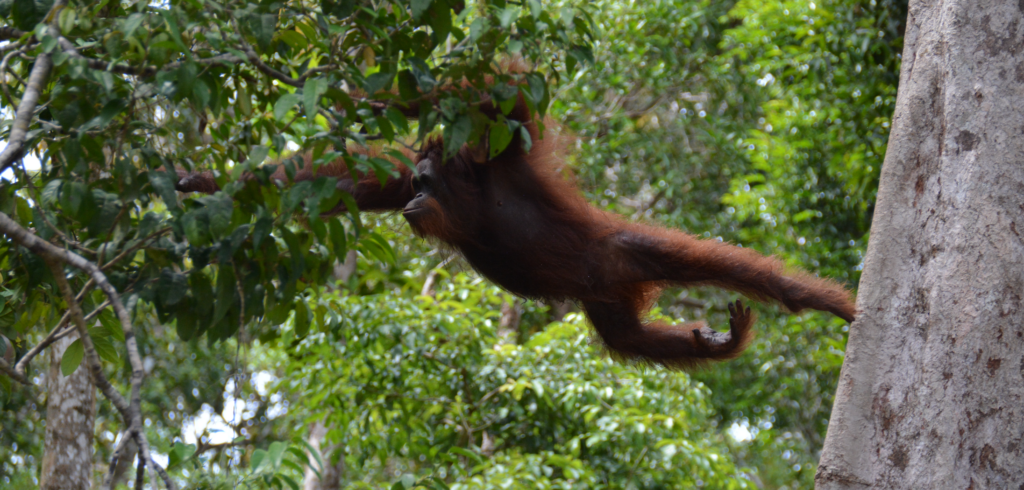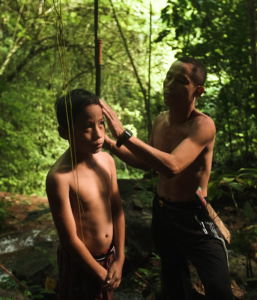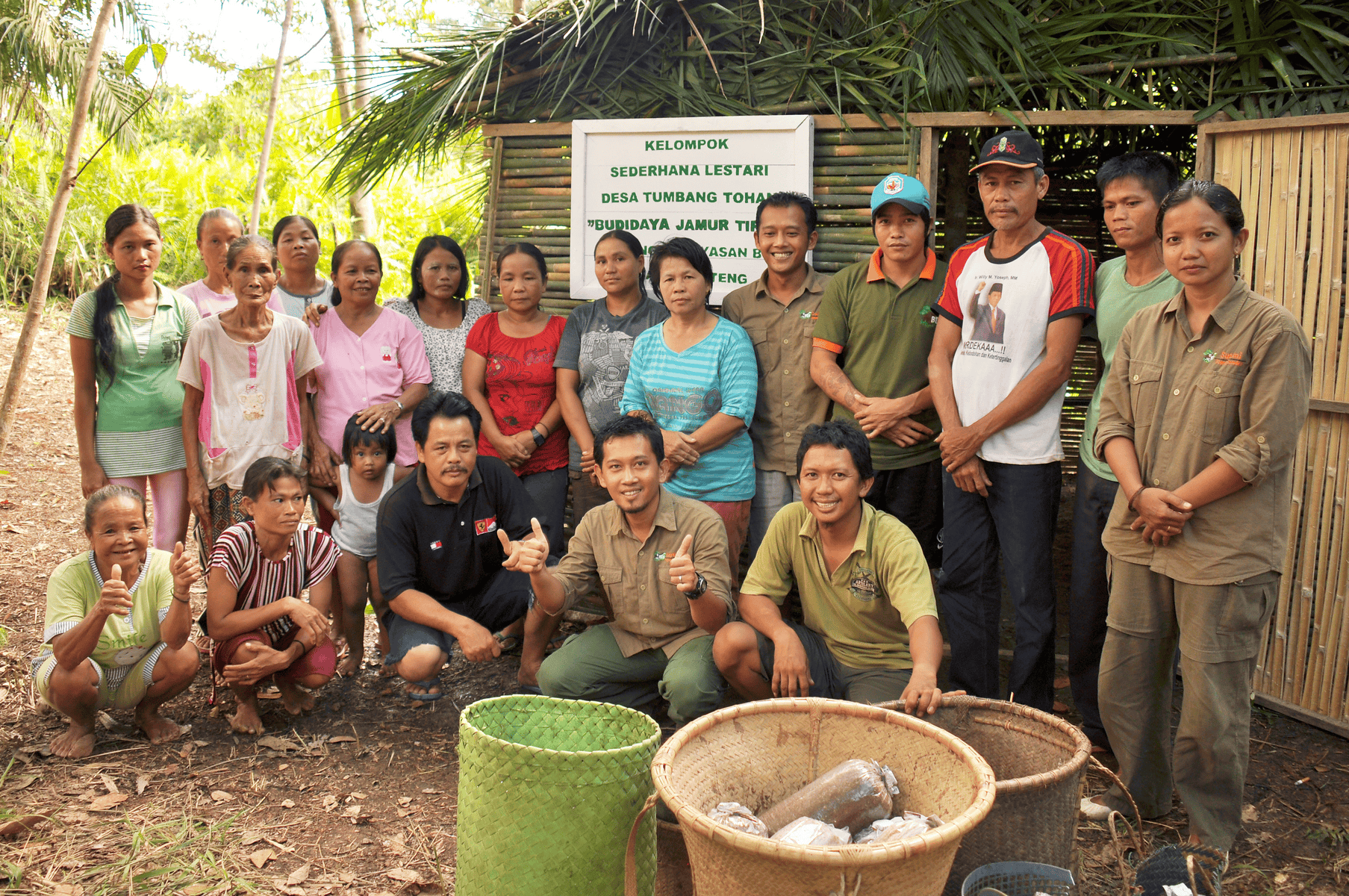Each year, millions of hectares of forest disappear. This is not only a serious concern for biodiversity and the climate, but also for the millions of people who rely on forests for their livelihoods, traditional medicine, and cultural practices.

The Vital Role of Forests for People, Wildlife, and the Climate
Forests cover about one-third of the Earth’s land area and are home to more than 80% of the world’s terrestrial animal, plant, and insect species. They also act as vast carbon sinks, absorbing CO2 from the atmosphere and helping to slow climate change. When forests are cleared, this stored carbon is released, accelerating global warming. Climate change is no longer a distant threat – it’s a present-day reality, disproportionately affecting the most vulnerable communities.
Supporting Those Who Protect Nature

Indigenous peoples and local communities have managed forests sustainably for generations. According to the UN’s Intergovernmental Panel on Climate Change (IPCC) and the Intergovernmental Science-Policy Platform on Biodiversity (IPBES), strengthening the rights of these communities is one of the most effective and cost-efficient ways to conserve forests.
The rainforests of Borneo – where Save the Orangutan operates together with its local partners – are among the richest carbon stores on Earth. They are home to critically endangered species such as the orangutan and are recognised as global biodiversity hotspots. For over 20 years, Save the Orangutan has worked with a holistic approach to rainforest conservation. This includes supporting Indigenous peoples and forest-dependent communities in securing land rights, and enabling them to manage forest resources sustainably.
Our experience shows that long-term collaboration with civil society and ensuring the rights of local communities are essential for developing effective, sustainable forest management strategies.
A Development Approach That Connects People and Nature
Holistic development strategies can support a global agenda that advances both environmental sustainability and human well-being. This means integrating climate action, biodiversity conservation, and human rights into development policy.
Green initiatives should aim to restore and preserve ecosystems that are vital for biodiversity, climate resilience, and the provision of essential ecosystem services – including food security, health, and access to natural resources.
Long-term investments in partnership with civil society, together with securing land rights and involving local communities, are key to building sustainable forest conservation solutions.
Deforestation is Not Just an Environmental Issue – It is a Development Challenge
By supporting those who protect nature, and by building strong partnerships with local actors, we can help create a more sustainable and equitable future. This requires a development approach that balances environmental responsibility with social inclusion – anchored in long-term commitment and shared accountability.
